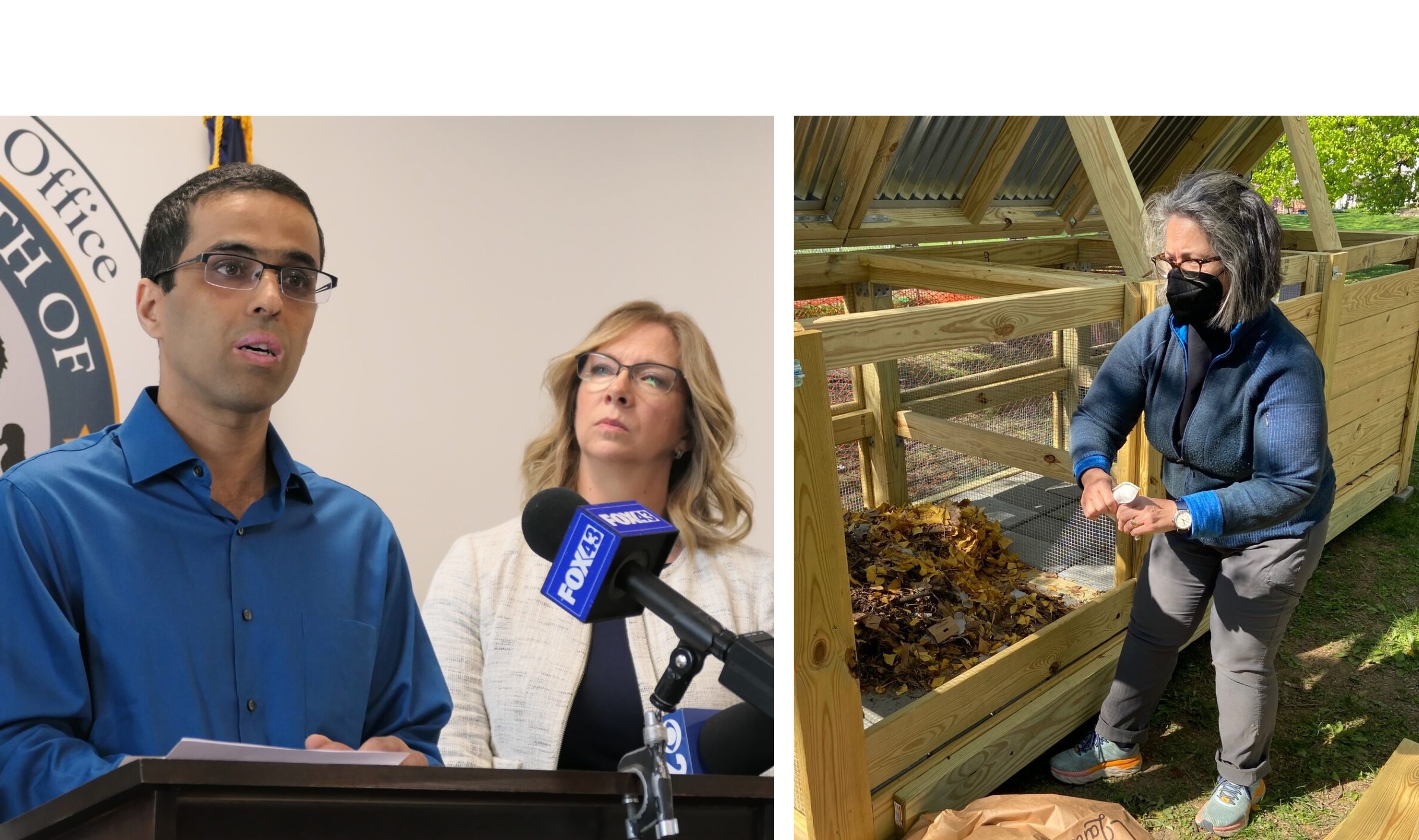The Center for Sustained Engagement with Lancaster and community stakeholders are meeting at Tellus360 this week to discuss the center’s work to date and opportunities for collaboration going forward.
The “bridging event” runs from 11:45 a.m. to 4 p.m. Thursday, June 15, followed by an optional networking hour. It is sold out, according to the Eventbrite registration page.
Launched in 2019, the center is housed at Franklin & Marshall College, and is intended to promote partnerships between F&M and the broader community to address social and environmental issues.
Funding initially came from a four-year, $1.5 million Endeavor Foundation grant. That funding has been spent, but the center is “in active conversation with several prospective funders” about future support, said Eve Bratman, one of the center’s two faculty co-directors.
On Thursday, a buffet lunch will start at noon, followed by introductory remarks by Mayor Danene Sorace and a short video on the center’s work.
There will then be two sessions of speaker presentations, followed by discussion. F&M President Barbara Altmann will speak about the center, and the event will conclude with a discussion of next steps.
Bratman, a professor of environmental studies, is the former chair of the city’s Planning Commission and the leader of the Compost Co-Ops project.
“We want people to hear about the many partnerships and activities that have emerged from this work as an invitation to talking about the problems and projects they want to tackle in the coming years,” she said.
The center’s projects: A partial list
Over its first four years, the Center for Sustained Engagement with Lancaster has supported a mix of faculty research, community initiatives and academic-community partnerships.
Work it has supported include the following:
- Research into the health benefits of local lead remediation. Seed funding from the center launched the effort, which eventually secured a nearly $700,000 federal grant.
- Research into erosion and sediment control that is informing local stream restoration efforts and the Chesapeake Bay cleanup strategy.
- Research into local poverty and gentrification issues and development of a “Lancaster Social Justice Index.”
- The Lancaster Language Justice Initiative, a collaboration between Communication Essentials and the district attorney’s office to improve communication between local law enforcement and Lancaster’s refugee and immigrant communities.
- Residence programs for three “social practice” artists: Shelby Wormley, Osmyn Oree and James Hollenbaugh.
- Research on the local economic and social impacts of Covid-19 (for which additional funding was provided by United Way of Lancaster County).
- The Lancaster Compost Co-Ops composting project
- The hosting of a “deliberative forum” as part of Lancaster’s comprehensive plan development. In the forum, two dozen citizens selected to be demographically representative of the city as a whole convened to discuss issues including housing, environmental planning and economic development.






